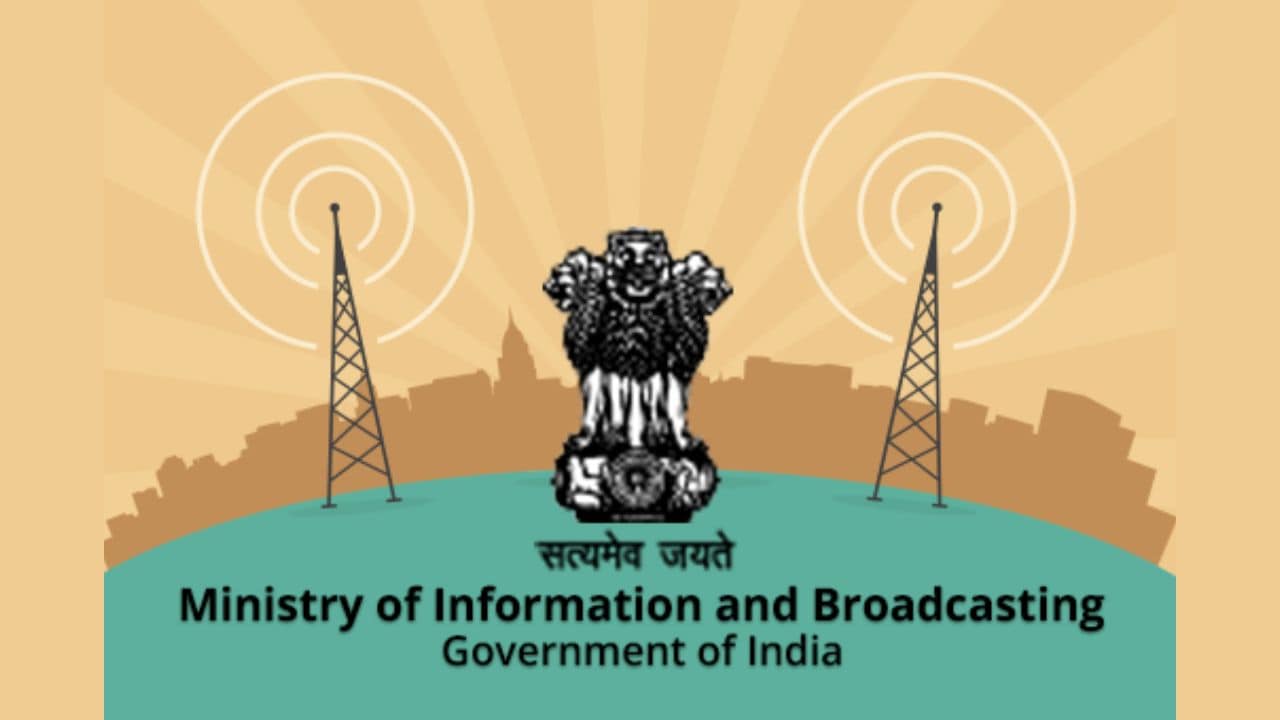The Ministry of Health and Family Welfare’s (MoHFW) draft amendment to the Cigarettes and Other Tobacco Products Act (COTPA) rules, requiring OTT platforms to stream 30 second non-skippable anti-tobacco advertisements, have faced strong opposition from stakeholders. Multiple stakeholders wrote to MoHFW as their response during the consultation process.
Stakeholders argue that MoHFW is infringing on the authority of the Ministry of Information and Broadcasting (MIB), which oversees OTT platforms. Stakeholders have pointed out that the draft COTPA Amendment Rules cite Section 31 of the Cigarettes and Other Tobacco Products (Prohibition of Advertisement and Regulation of Trade and Commerce, Production, Supply, and Distribution) Act, 2003 (COTPA Act), which grants the Union Government the power to make rules regarding anti-tobacco warnings.
A key stakeholder stated, “The draft COTPA Amendment Rules directly regulate OTT platforms and their published content. According to Rule 8, Part III of the Information Technology (Intermediary Guidelines and Digital Media Ethics Code) Rules, 2021, publishers of online curated content fall under the MIB’s jurisdiction.”
The stakeholder added, “Additionally, the Government of India (Allocation of Business) Rules, 1961 specify that ‘Films and Audio-Visual programs/content made available by online content providers/publishers’ are under MIB’s purview. By issuing the draft COTPA Amendment Rules, the MoHFW has bypassed the nodal ministry for OTT platforms and overstepped its authority.”
According to a recent report by the Telecom Regulatory Authority of India (TRAI), the number of internet subscribers in India increased from 936.16 million in December 2023 to 954.40 million in March 2024, reflecting a quarterly growth rate of 1.95%. This growing internet penetration positions India as a highly attractive market for OTT video streaming services. The revenue of India’s video OTT market is projected to rise from $1.8 billion in 2022 to $3.5 billion by 2027.
Stakeholders have also expressed concern over the heavy compliance burden on OTT platforms. To meet the amendment’s requirements, platforms would need to edit extensive amounts of content. They plan to challenge the amendment’s validity in court, arguing that OTT platforms fall solely within MIB’s regulatory scope.
A research report titled The Effectiveness of Tobacco Disclaimers on OTT Content Services by Koan Advisory Group, published in May 2023, found that OTT content does not significantly influence smoking habits in India. Instead, factors like peer pressure and stress are the main drivers.
Another stakeholder, speaking anonymously, emphasized the unique nature of OTT platforms and their audiences. “The draft COTPA Amendment Rules fail to account for binge-watching habits. Non-skippable tobacco health spots before every episode or content block would result in viewers repeatedly seeing the same ads during a single session.”
The source further highlighted, “The draft rules do not specify the language of the tobacco health spots. Since OTT platforms host content in multiple languages, it would be impractical to customize health spots for each one.”
The draft amendment rules propose that if an OTT platform fails to comply, an inter-ministerial committee, including representatives from MoHFW, MIB, and the Ministry of Electronics and Information Technology, can take suo moto action or respond to complaints.
